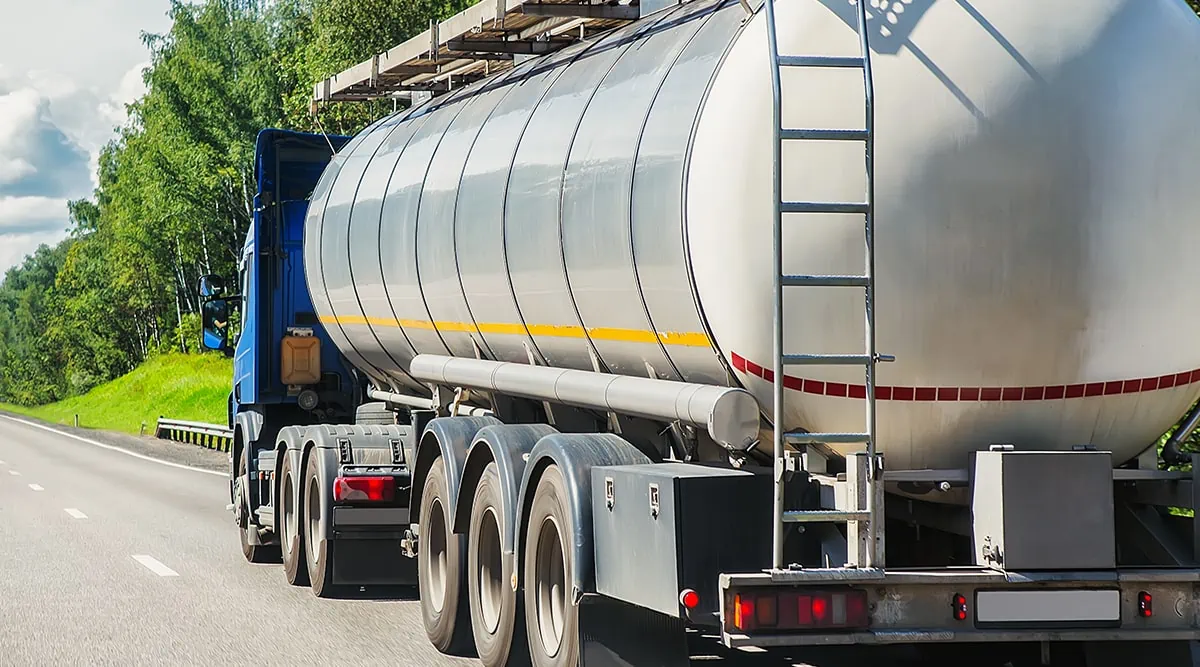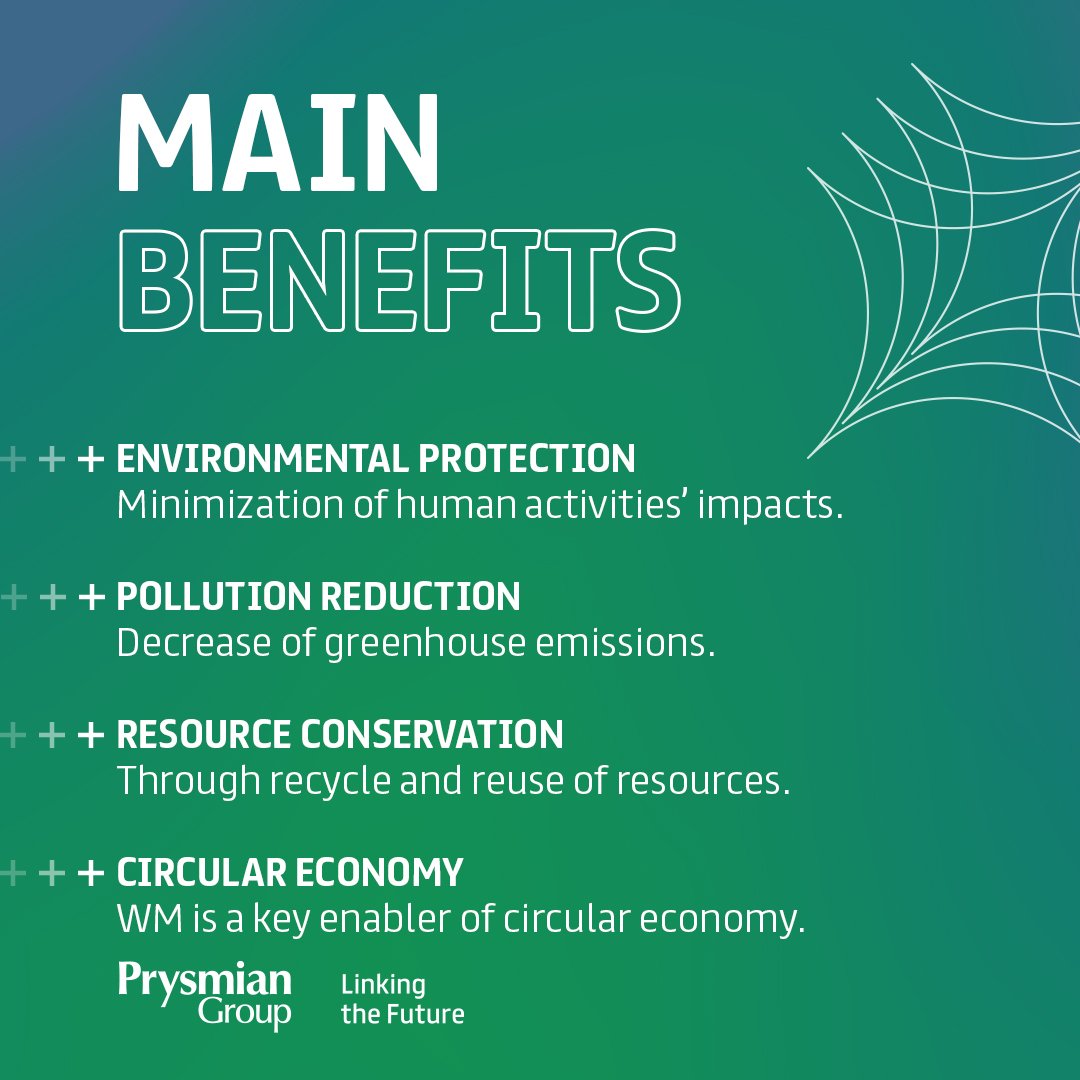Reclaim Waste for Beginners
Reclaim Waste for Beginners
Blog Article
The 10-Minute Rule for Reclaim Waste
Table of ContentsThe Best Guide To Reclaim WasteReclaim Waste for BeginnersExamine This Report about Reclaim WasteThe Single Strategy To Use For Reclaim WasteGetting The Reclaim Waste To Work
Discover the kinds, incidents, and types of liquid waste. Domestic sewage waste describes the waste and products from a residential septic container. This sort of waste is created by humans in residences, institutions, and other structures. This only includes septic containers that have a drain area. The appropriate administration and disposal of residential sewage waste require liquid waste to be transferred to a sewer treatment plant where the correct methods and tools are related to detoxify and deal with waste.
Industrial waste usually includes possible dangers, such as flammable products or a blend of liquid and strong waste items, and requires a much more advanced and thorough disposal process. The disposal of industrial waste generally includes the filtration of waste prior to transport to make sure safe and appropriate disposal. Industrial waste is created from results and runoff of industrial procedures and production.
This kind of waste can not make use of the exact same sewage monitoring transportation or processes as septic or business fluids. The hazardous waste management process needs the inspection and screening of fluid waste before it goes through the disposal procedure (liquid waste disposal). Overflow waste is the liquid waste that comes from overflow and excess stormwater in extremely inhabited locations or cities
Overflow waste can trigger contamination and flooding otherwise dealt with effectively. Discover more about sewage system cleaning and waste management. Making sure appropriate waste administration can stop catastrophes and minimize environmental harm. Both individuals in residential settings and specialists in business or manufacturing markets can profit from comprehending the procedures and guidelines of fluid waste monitoring.
Some Ideas on Reclaim Waste You Should Know
Get in touch with PROS Solutions today to find out about our waste administration and disposal solutions and the correct methods to look after the fluid waste you produce.
(https://www.tumblr.com/reclaimwaste1/766851148823068673/at-reclaim-waste-were-a-national-solutions?source=share)This supposed 'wastewater' is not just an essential resource but, after therapy, will certainly be launched to our land, waterways or the sea. Utilized water from toilets, showers, bathrooms, kitchen sinks, washings and industrial procedures is understood as wastewater.

water used to cool down machinery or tidy plant and equipment). Stormwater, a kind of wastewater, is overflow that flows from farming and urban locations such as roofing systems, parks, gardens, roadways, paths and seamless gutters right into stormwater drains pipes, after rainfall. Stormwater streams without treatment directly to neighborhood creeks or rivers, ultimately getting to the sea.
Rumored Buzz on Reclaim Waste
In Queensland, the majority of wastewater is dealt with at sewage treatment plants. Wastewater is delivered from residential or industrial sites with a system of drains and pump stations, understood as sewage reticulation, to a sewer therapy plant.
The Division of Natural Resources recommends regional federal governments concerning handling, operating and maintaining sewage systems and treatment plants. In unsewered areas, city governments may require householders to set up individual or family sewage treatment systems to deal with residential wastewater from bathrooms, cooking areas, washrooms and washings. The Department of Natural Resources authorises the use of house systems when they are confirmed to be efficient.
In some new neighborhoods, therapy of some stormwater to eliminate litter, sand and crushed rock has started using gross toxin traps. Wastewater treatment happens in 4 stages: Gets rid of strong matter.
Makes use of small living organisms recognizes as micro-organisms to damage down and eliminate staying dissolved wastes and fine bits. Micro-organisms and wastes are integrated in the sludge.
Rumored Buzz on Reclaim Waste
Nutrient elimination is not offered at all sewer therapy plants due to the fact that it calls for pricey specialist tools. Clear fluid effluent created after therapy may still have disease-causing micro-organisms - liquid waste removal melbourne.

This normally suggests wastewater needs to be treated or impurities removed prior to it can be released to waterways. The majority of wastewater streams into the sewage system. Under the Act, city governments administer approvals and licences for environmentally appropriate activities (Ages) including wastewater releases that might have Discover More Here a local impact. The division carries out authorizations and permits to Periods including wastewater launches that could have a regional or statewide impact.
The Definitive Guide for Reclaim Waste
Otherwise, samples are considered research laboratory evaluation. Typically numerous examinations are needed to develop the levels of each of the different pollutants such as oils, hefty steels and pesticides in water. Tracking gives accurate info about water quality and can verify that permit problems are being fulfilled. The information obtained with tracking provides the basis for making water high quality choices.
Report this page